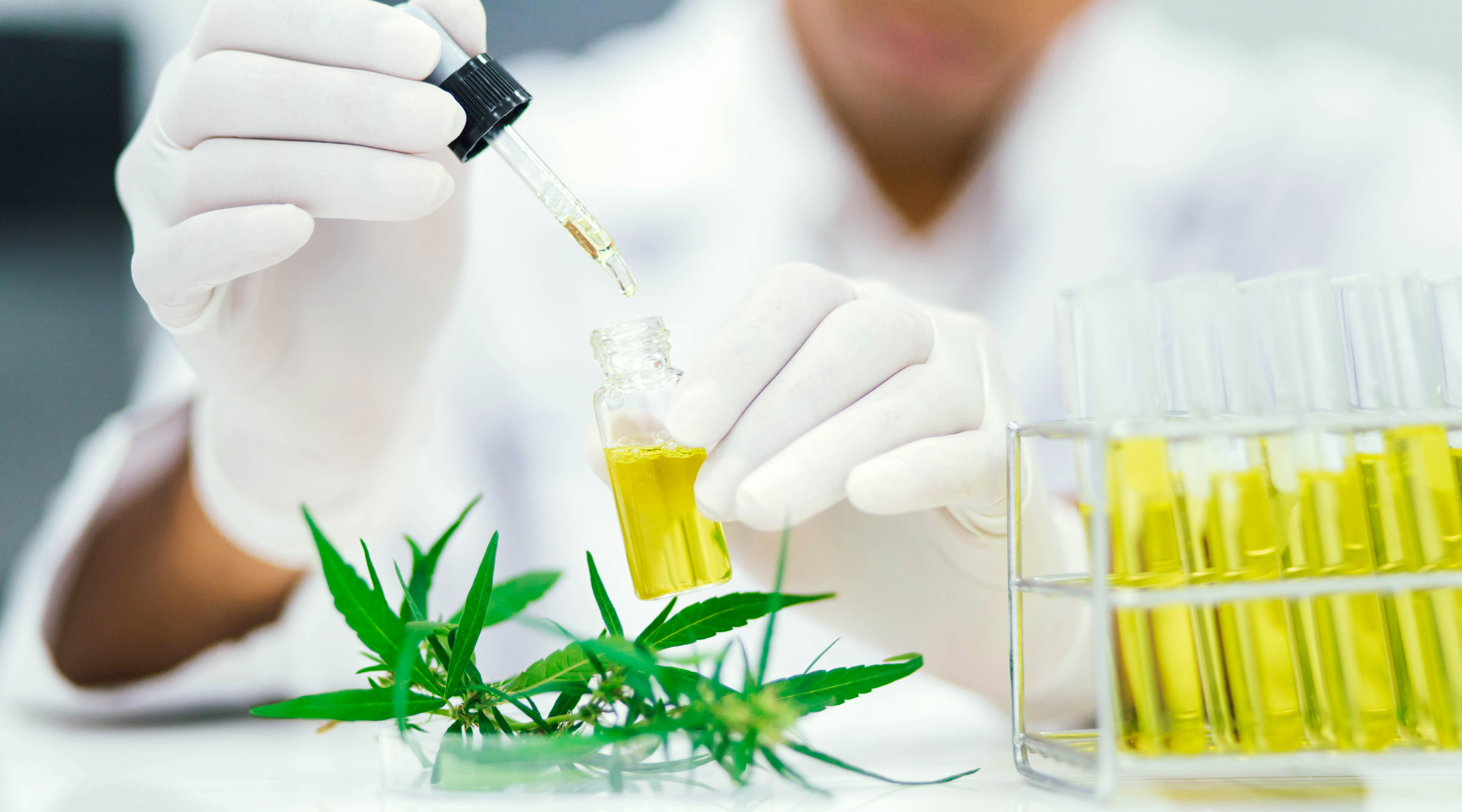Need help? Contact us 24/7 at sales@AllianceChemical.com!
-
512-365-6838
-
Ethylene Glycol Semiconductor Grade
Category : Glycols
$14.11
Liquid error (snippets/product-blocks line 90): divided by 0
Off
Unit price
/
Quantity
Size:
Variation:
-
$14.11Delivery every$13.40
-
$17.63Delivery every$16.75
-
$22.70Delivery every$21.57
-
$30.12Delivery every$28.61
-
$25.32Delivery every$24.05
-
$37.42Delivery every$35.55
-
$60.56Delivery every$57.53
-
$1,843.99Delivery every$1,751.79
-
$96.89Delivery every$92.05
-
$368.04Delivery every$349.64
-
$2,557.71Delivery every$2,429.82
-
$229.99Delivery every$218.49
-
$615.00Delivery every$584.25
-
$1,911.80Delivery every$1,816.21
-
$2,174.80Delivery every$2,066.06
-
$8,264.24Delivery every$7,851.03
-
$16,180.51Delivery every$15,371.48
-
$3,495.85Delivery every$3,321.06
-
$3,670.66Delivery every$3,487.13
-
$5,419.95Delivery every$5,148.95
-
$7,111.90Delivery every$6,756.31
$14.11
Liquid error (snippets/product-sticky-blocks line 69): divided by 0
Off
Unit price
/
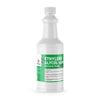
Ethylene Glycol Semiconductor Grade
$14.11
Liquid error (snippets/sticky-product line 56): divided by 0
Off
Unit price
/
Size:
Variation:
-
$14.11Delivery every$13.40
-
$17.63Delivery every$16.75
-
$22.70Delivery every$21.57
-
$30.12Delivery every$28.61
-
$25.32Delivery every$24.05
-
$37.42Delivery every$35.55
-
$60.56Delivery every$57.53
-
$1,843.99Delivery every$1,751.79
-
$96.89Delivery every$92.05
-
$368.04Delivery every$349.64
-
$2,557.71Delivery every$2,429.82
-
$229.99Delivery every$218.49
-
$615.00Delivery every$584.25
-
$1,911.80Delivery every$1,816.21
-
$2,174.80Delivery every$2,066.06
-
$8,264.24Delivery every$7,851.03
-
$16,180.51Delivery every$15,371.48
-
$3,495.85Delivery every$3,321.06
-
$3,670.66Delivery every$3,487.13
-
$5,419.95Delivery every$5,148.95
-
$7,111.90Delivery every$6,756.31
Ask a question
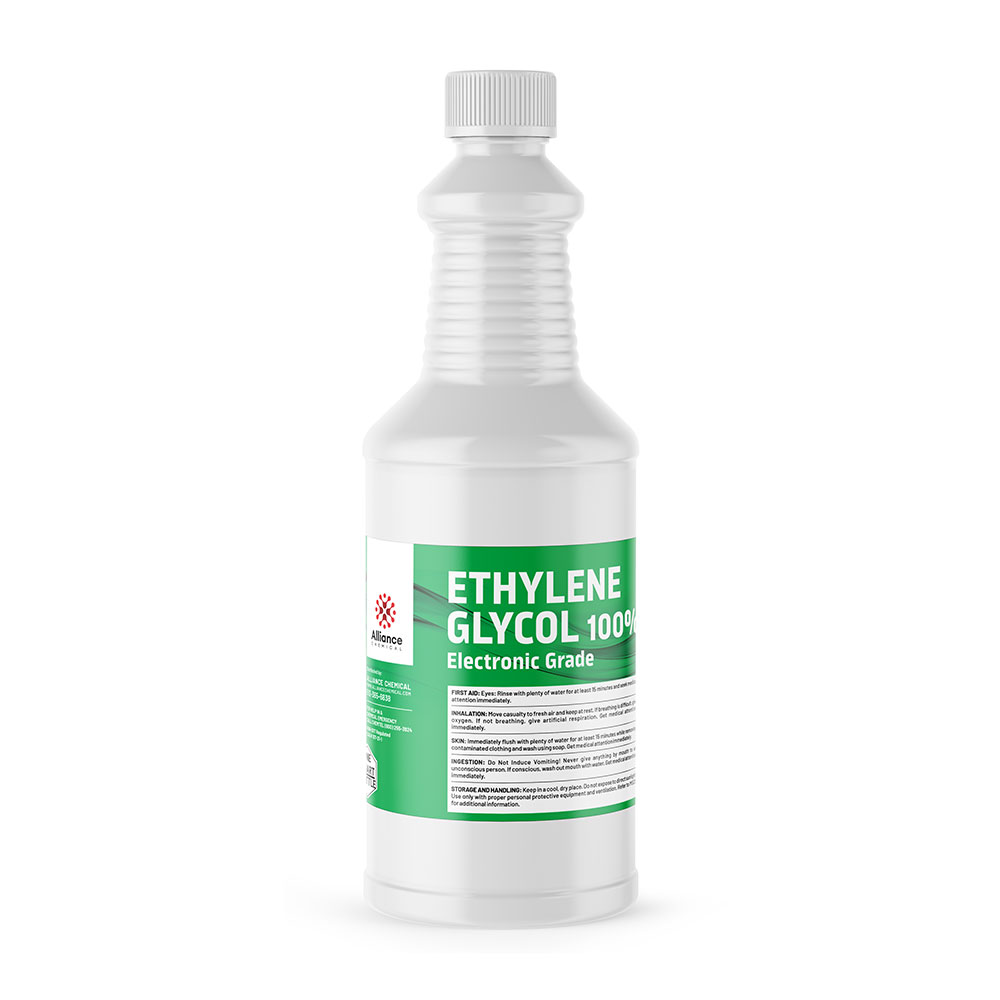
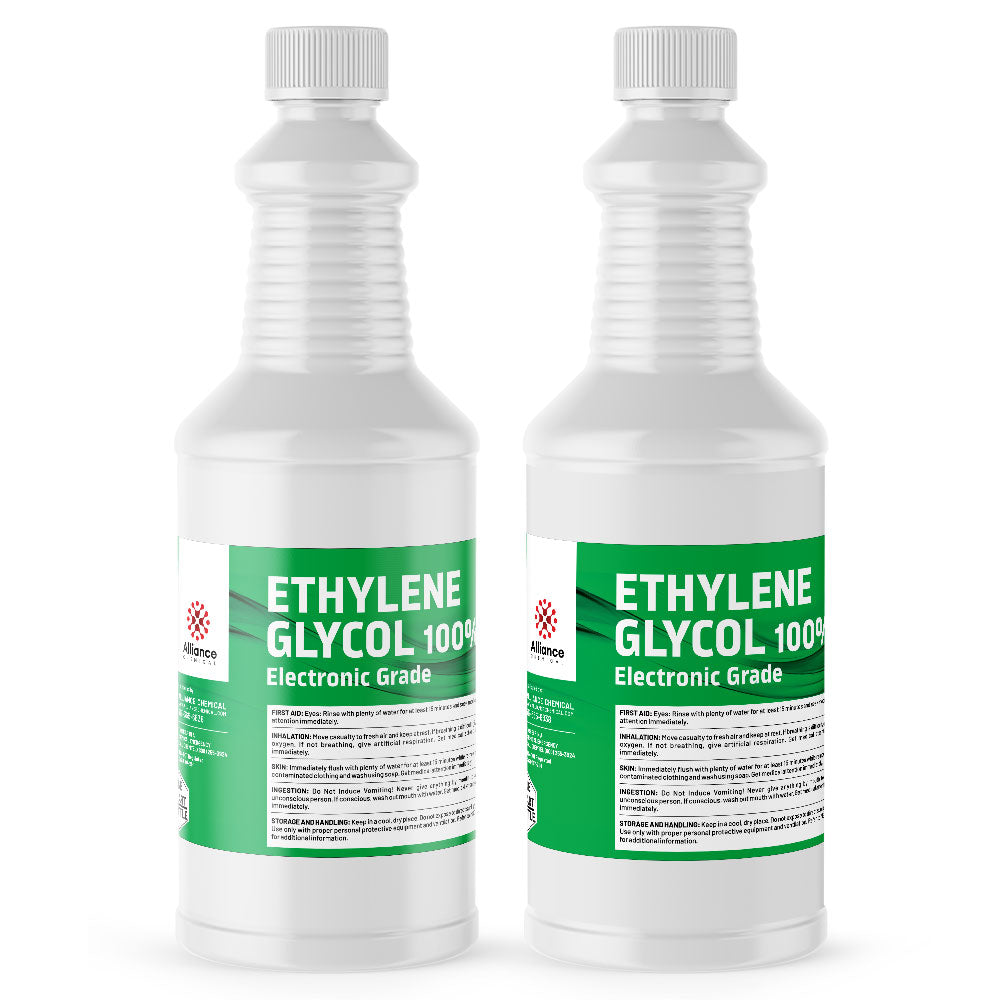
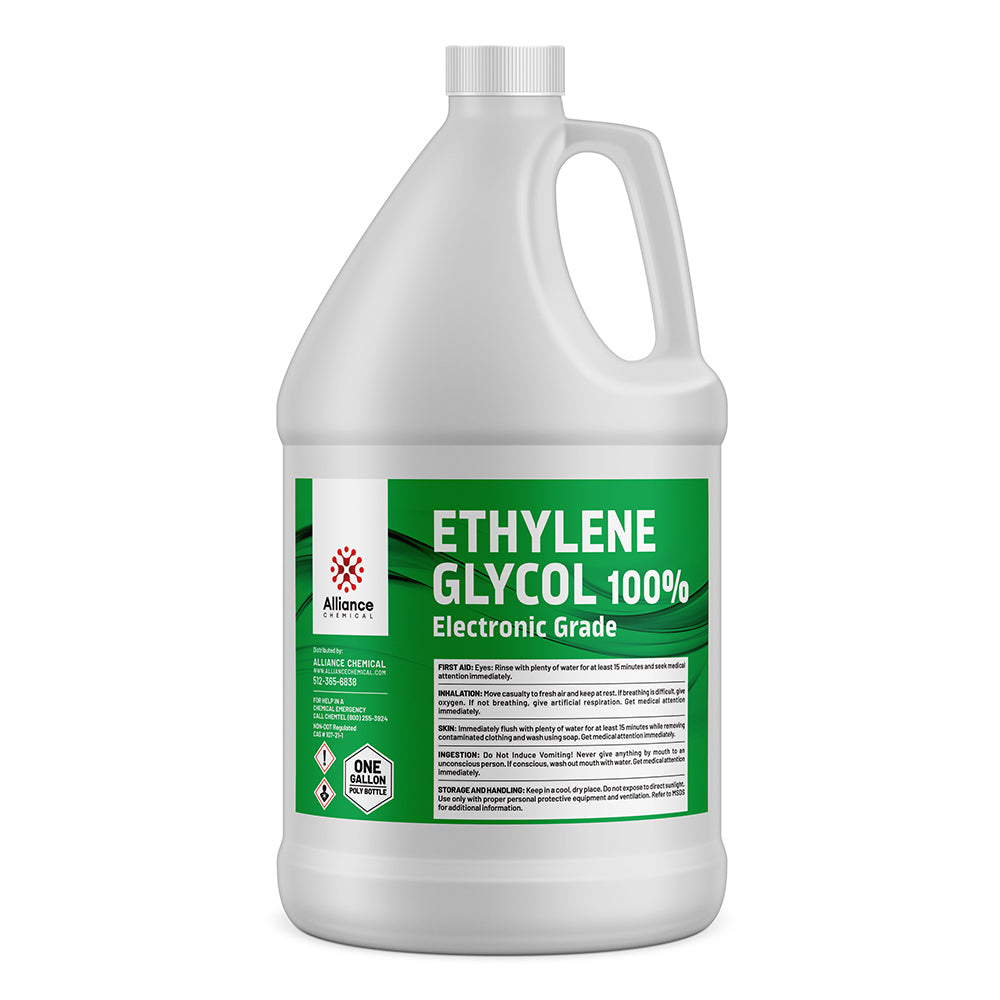
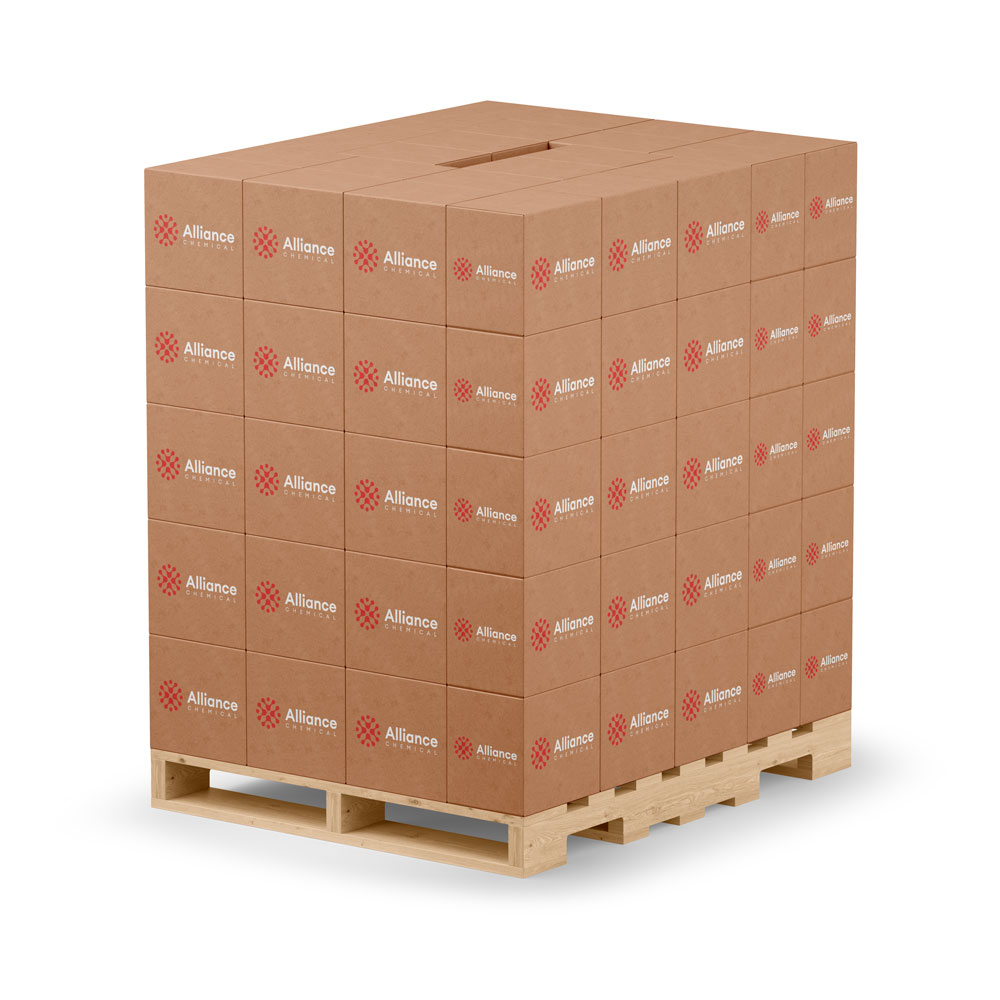
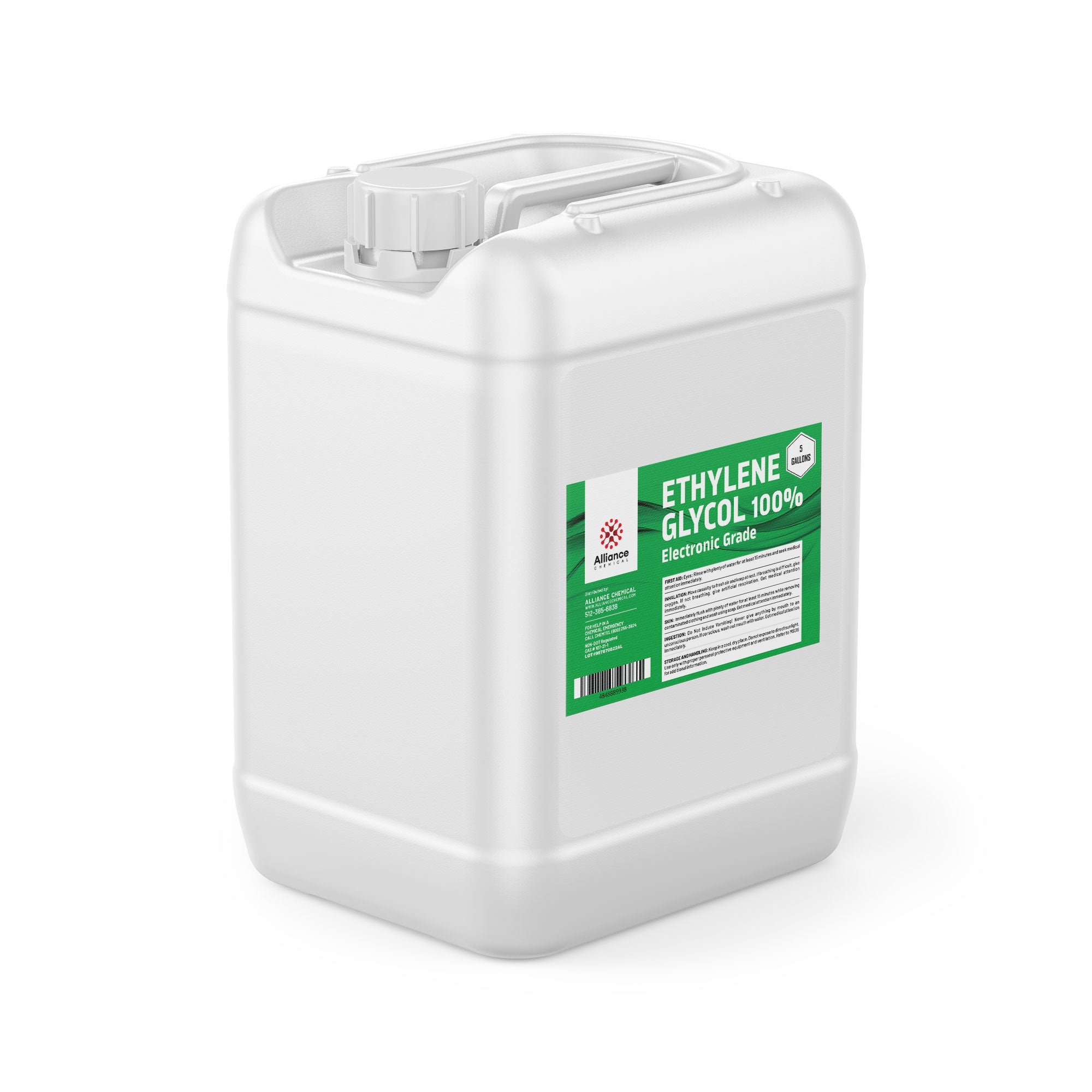

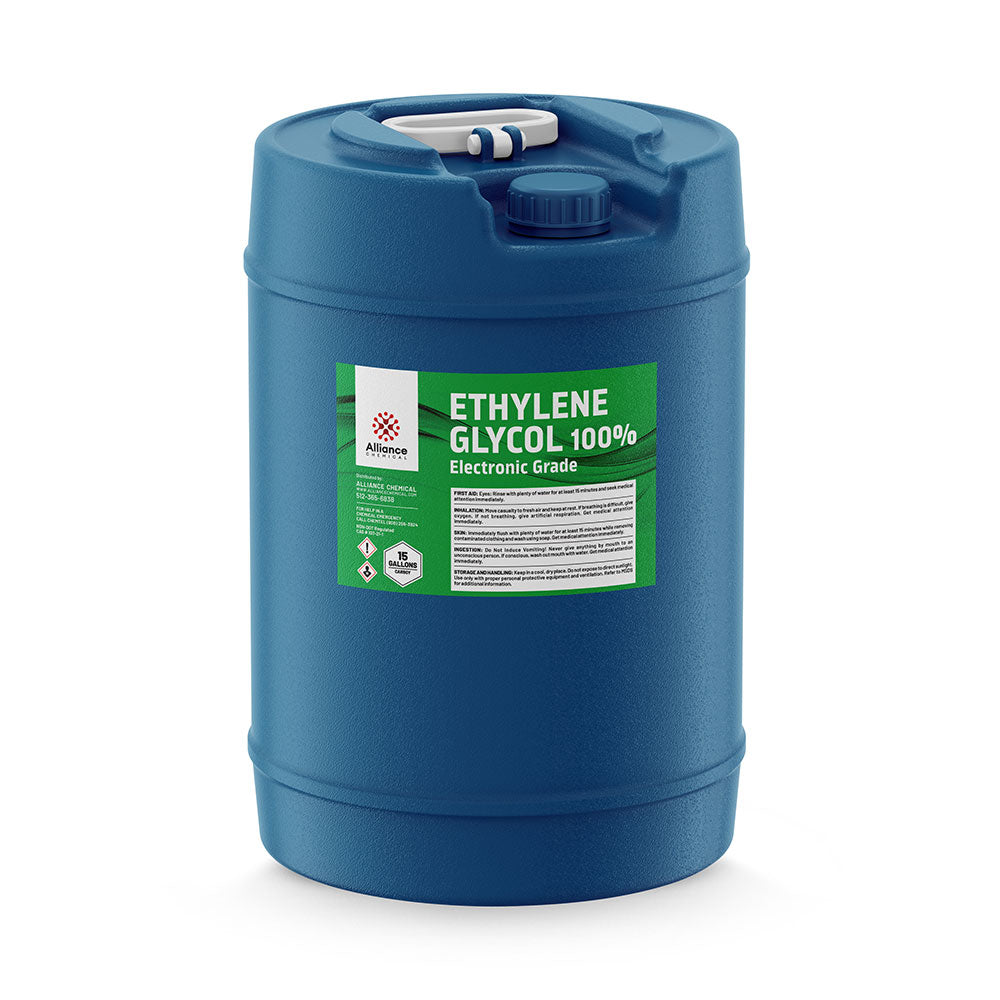
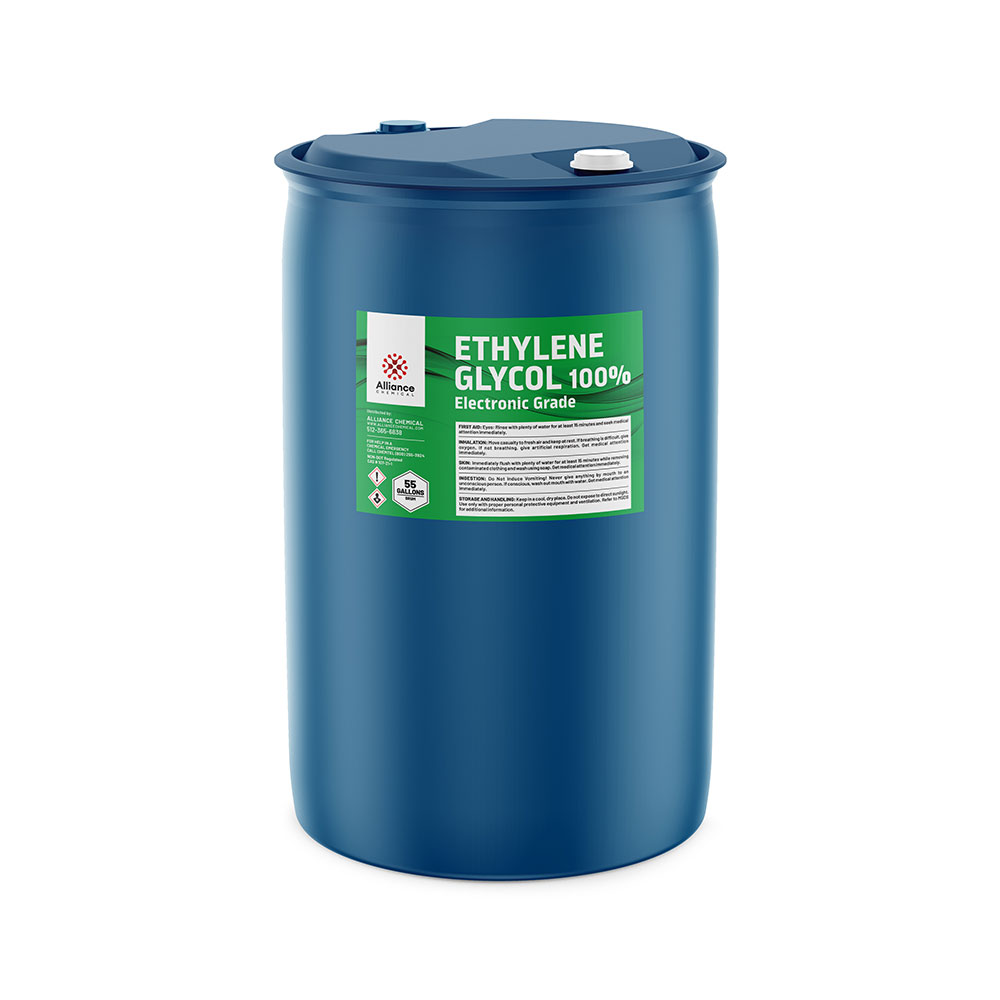
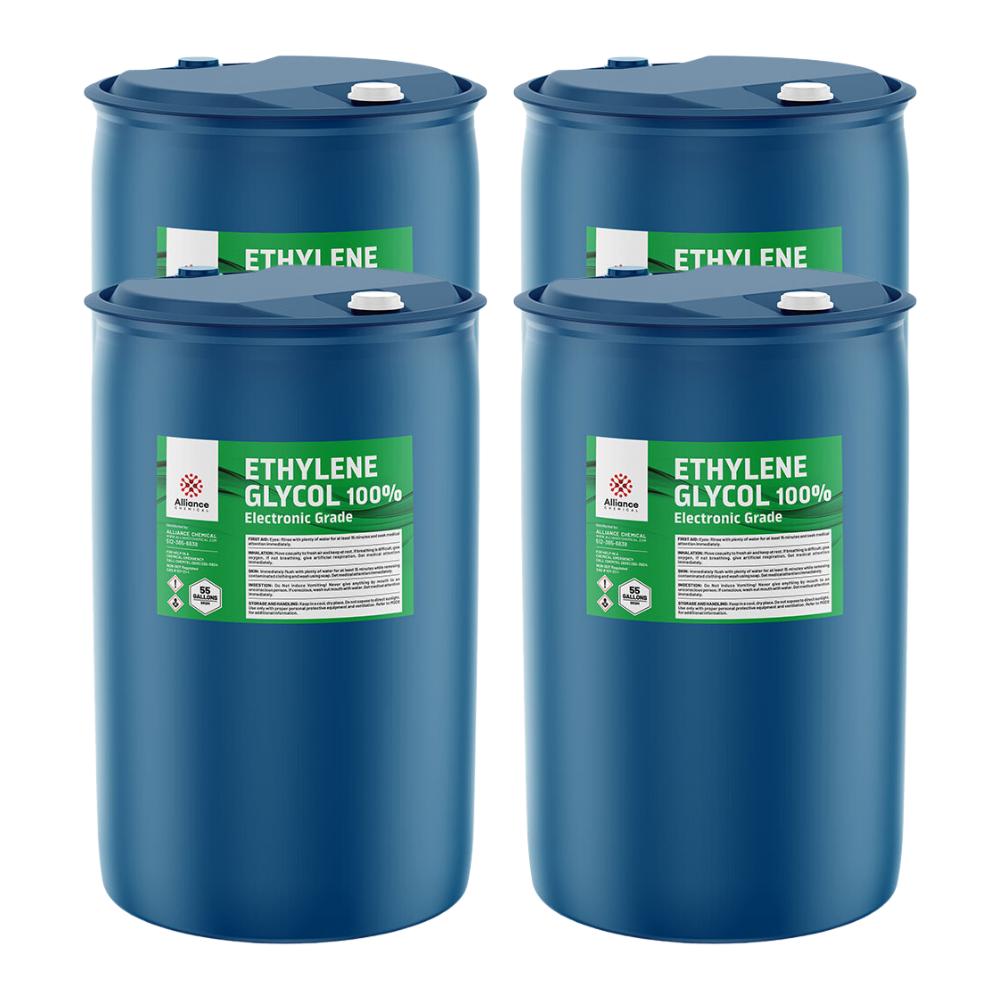
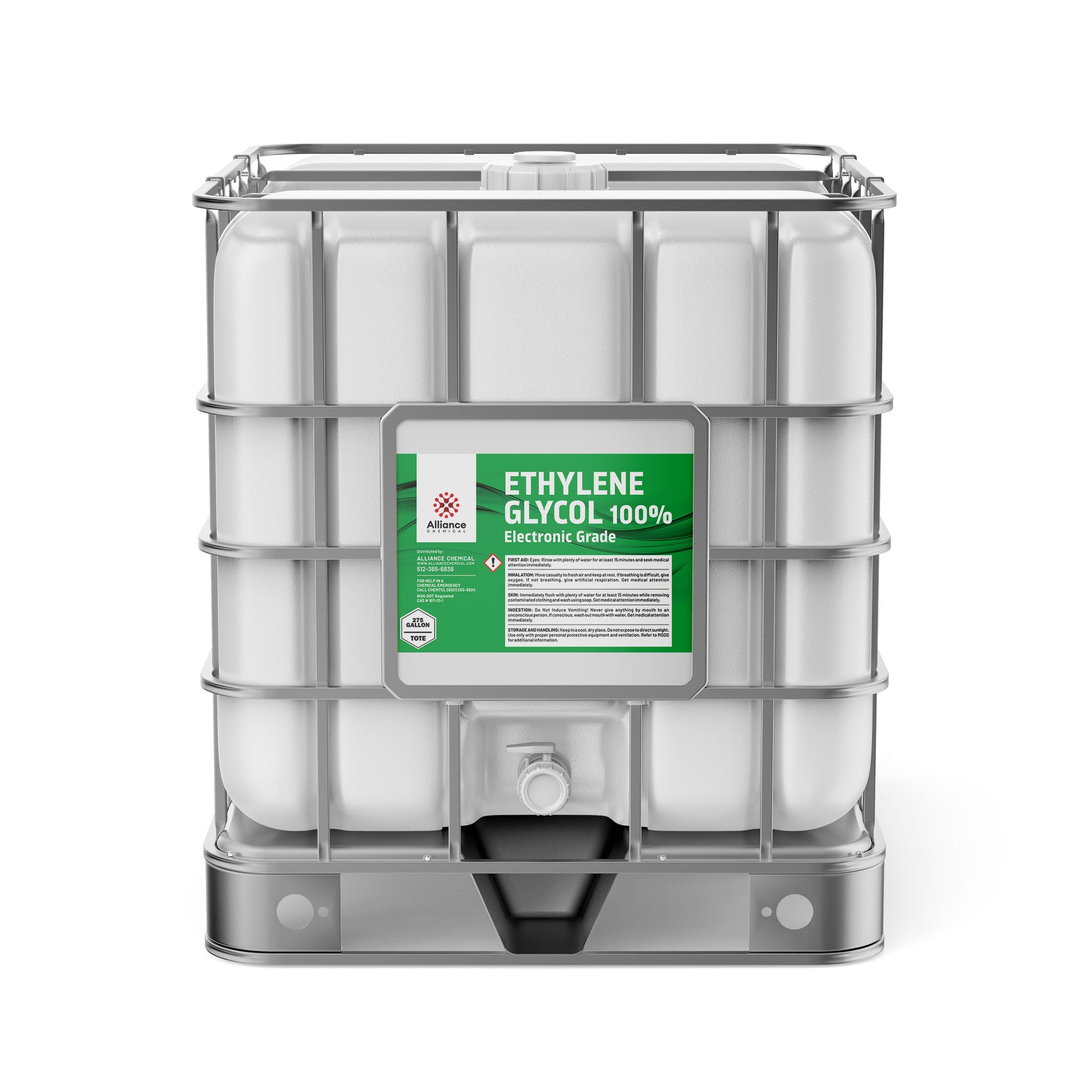
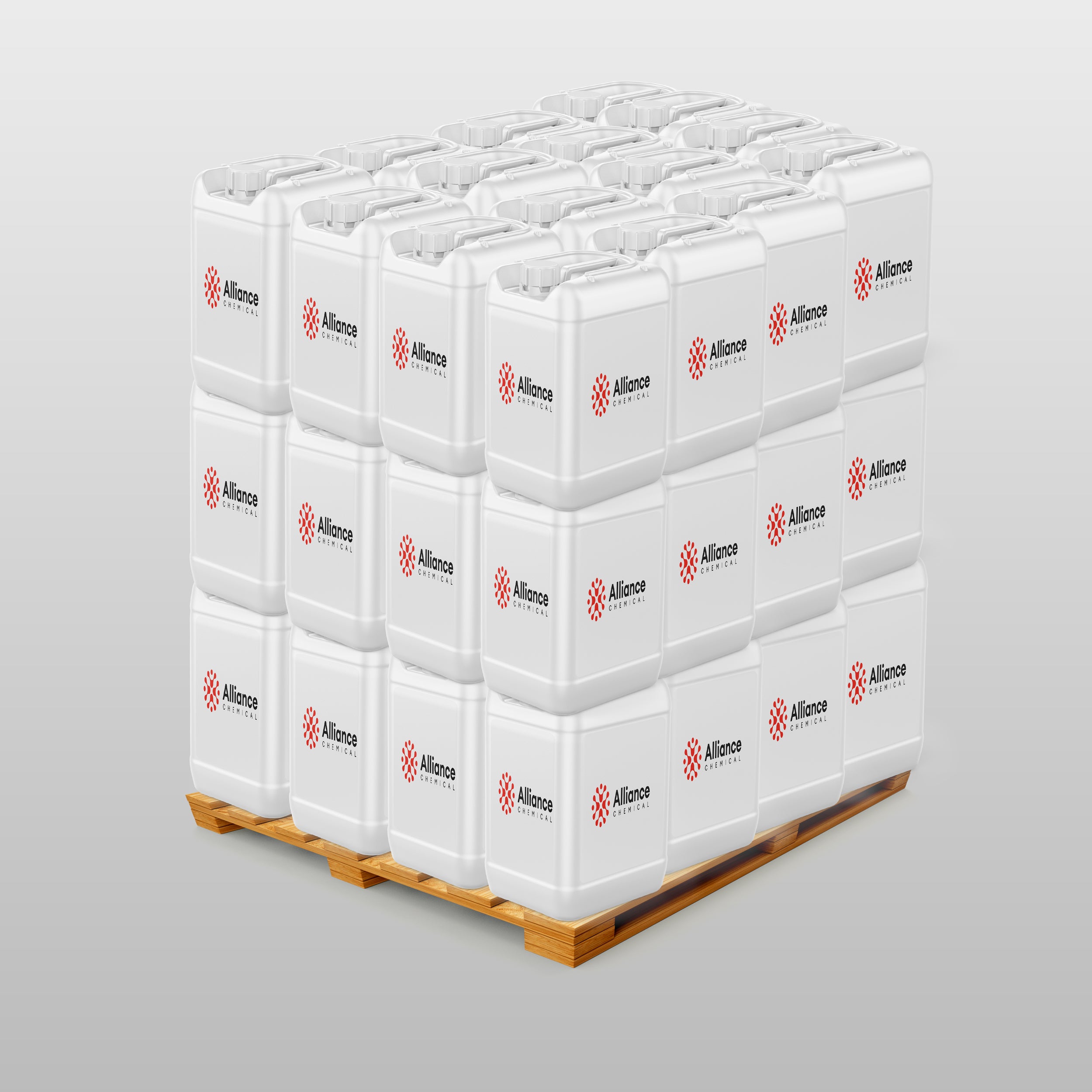
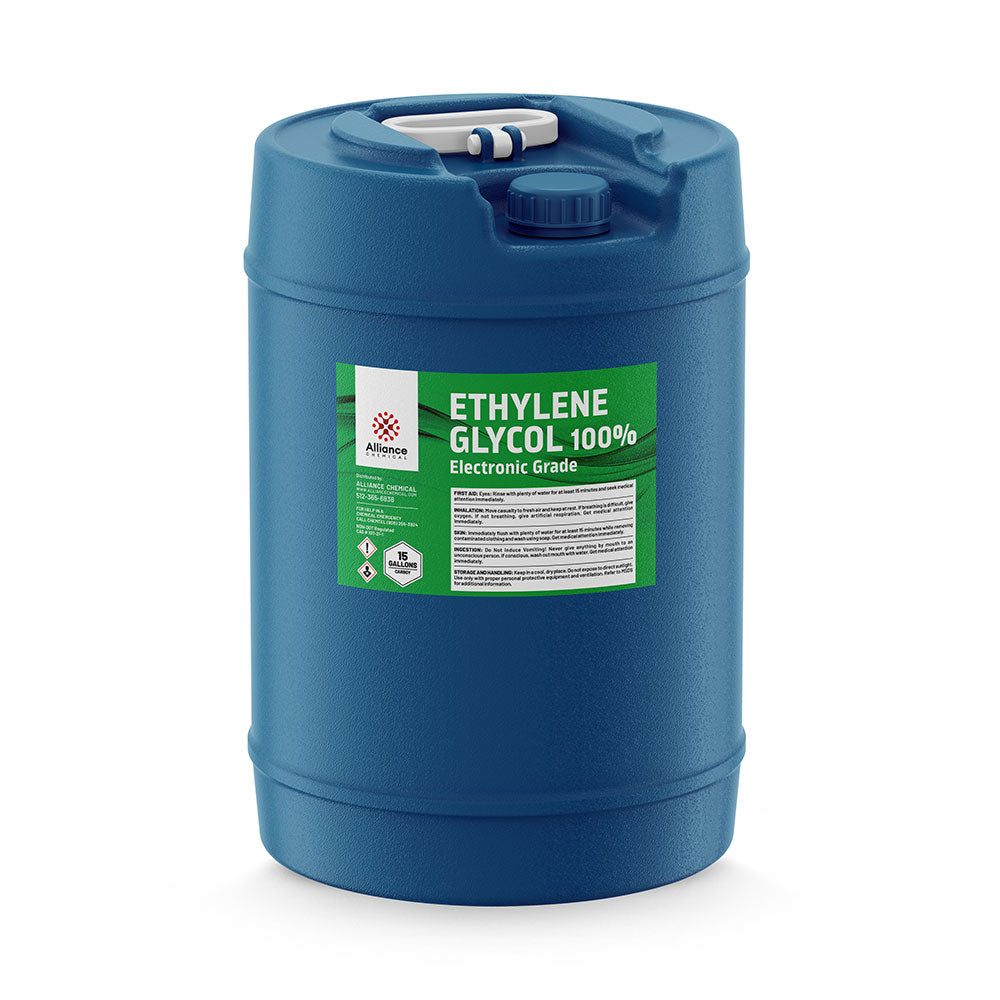
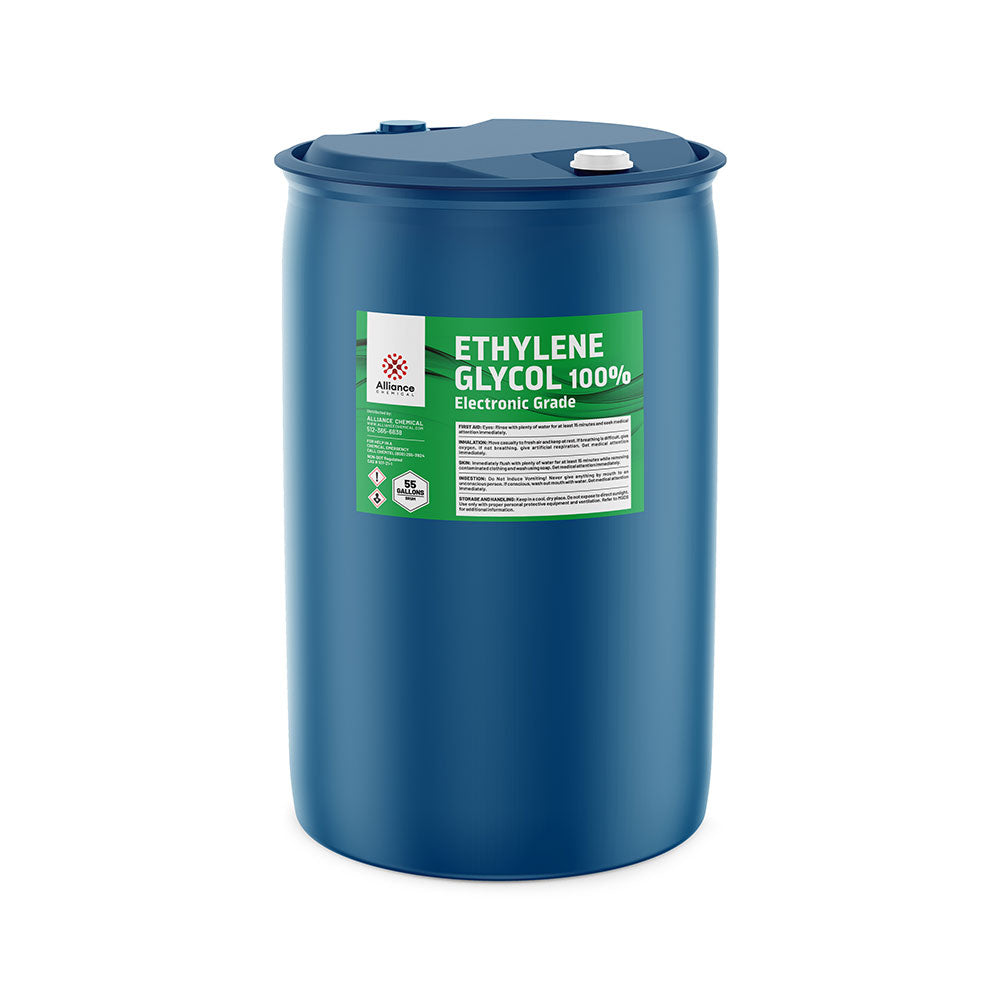
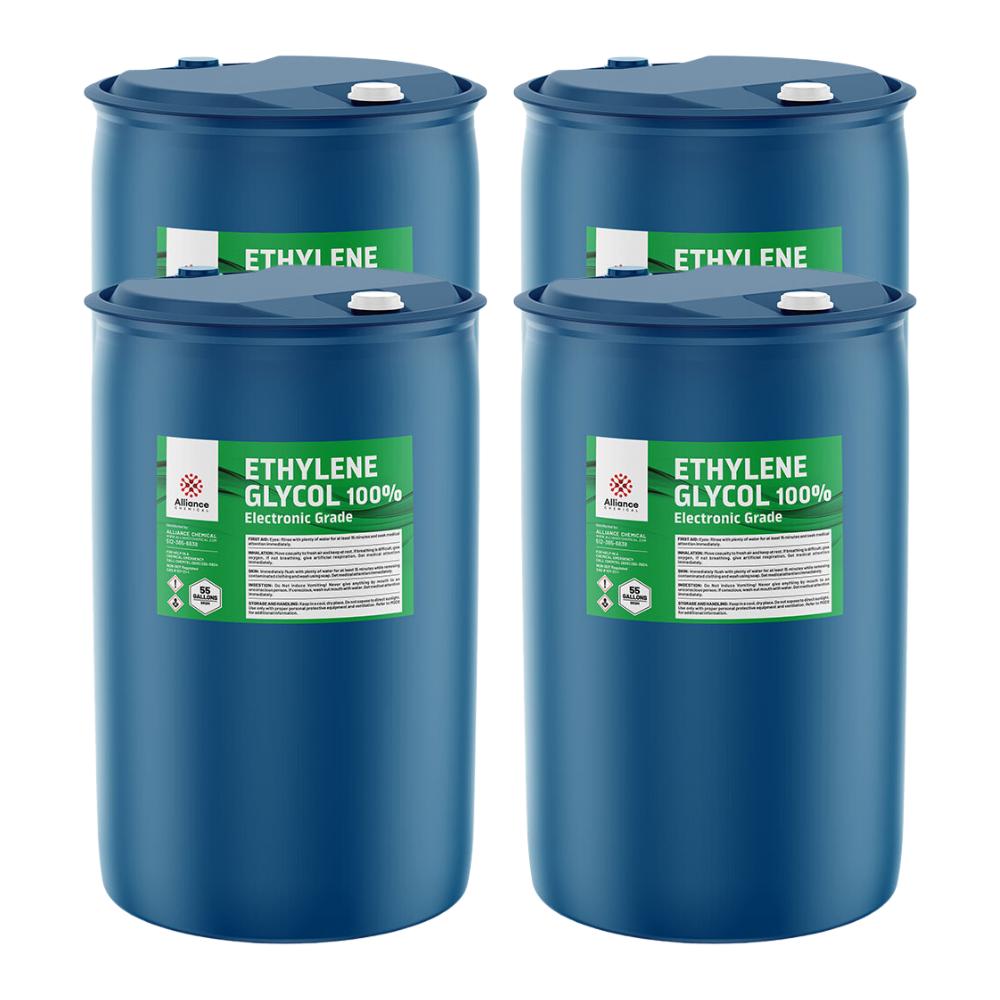
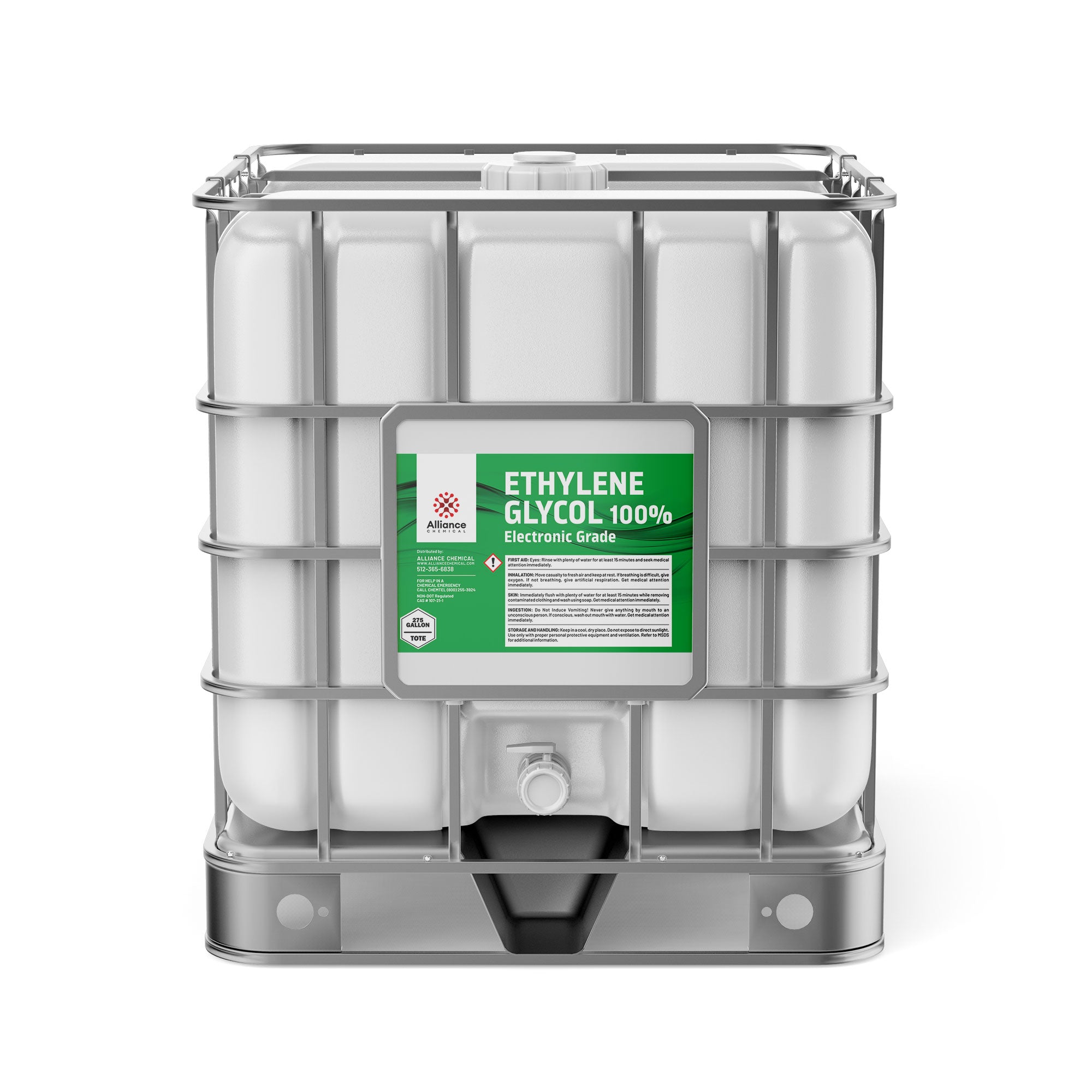
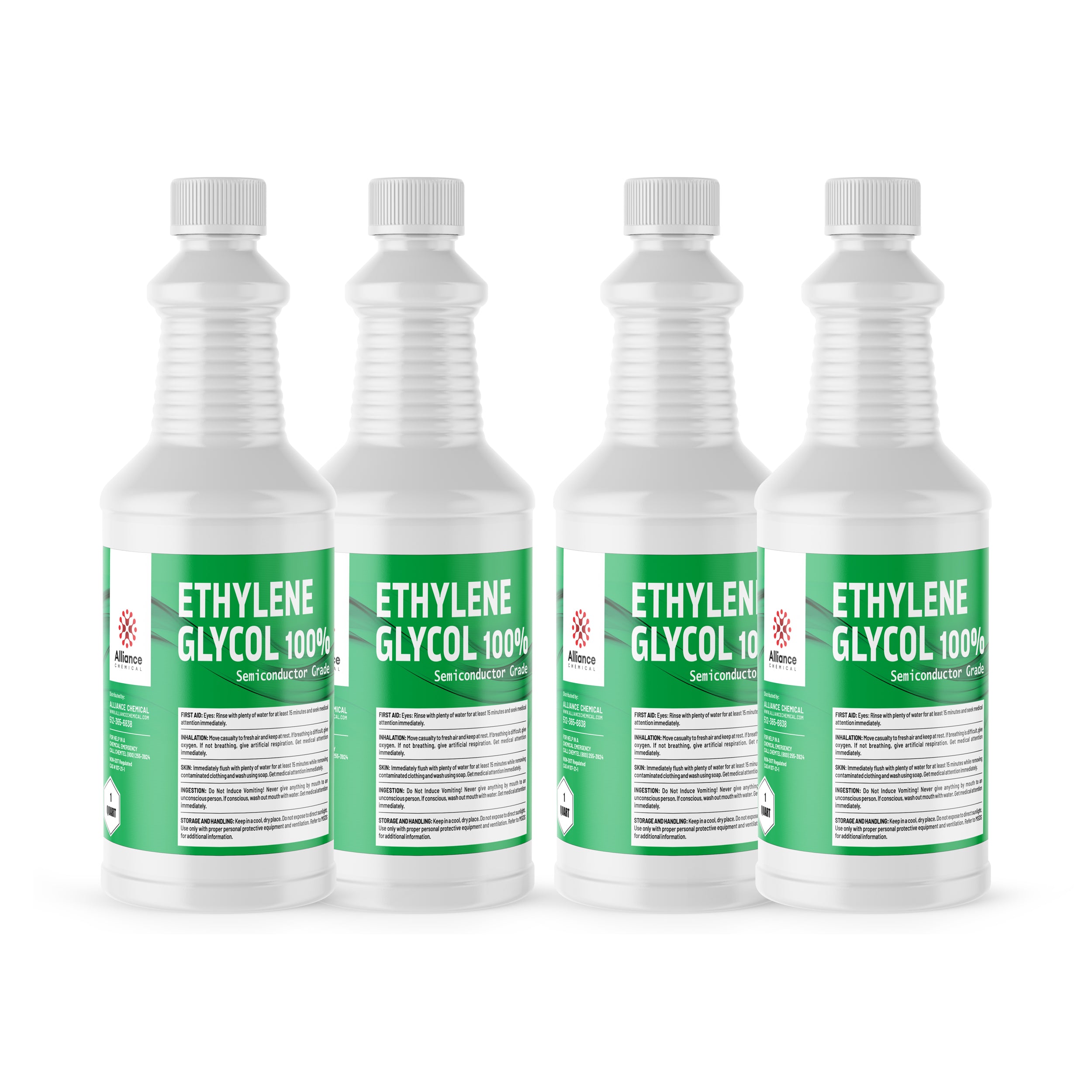
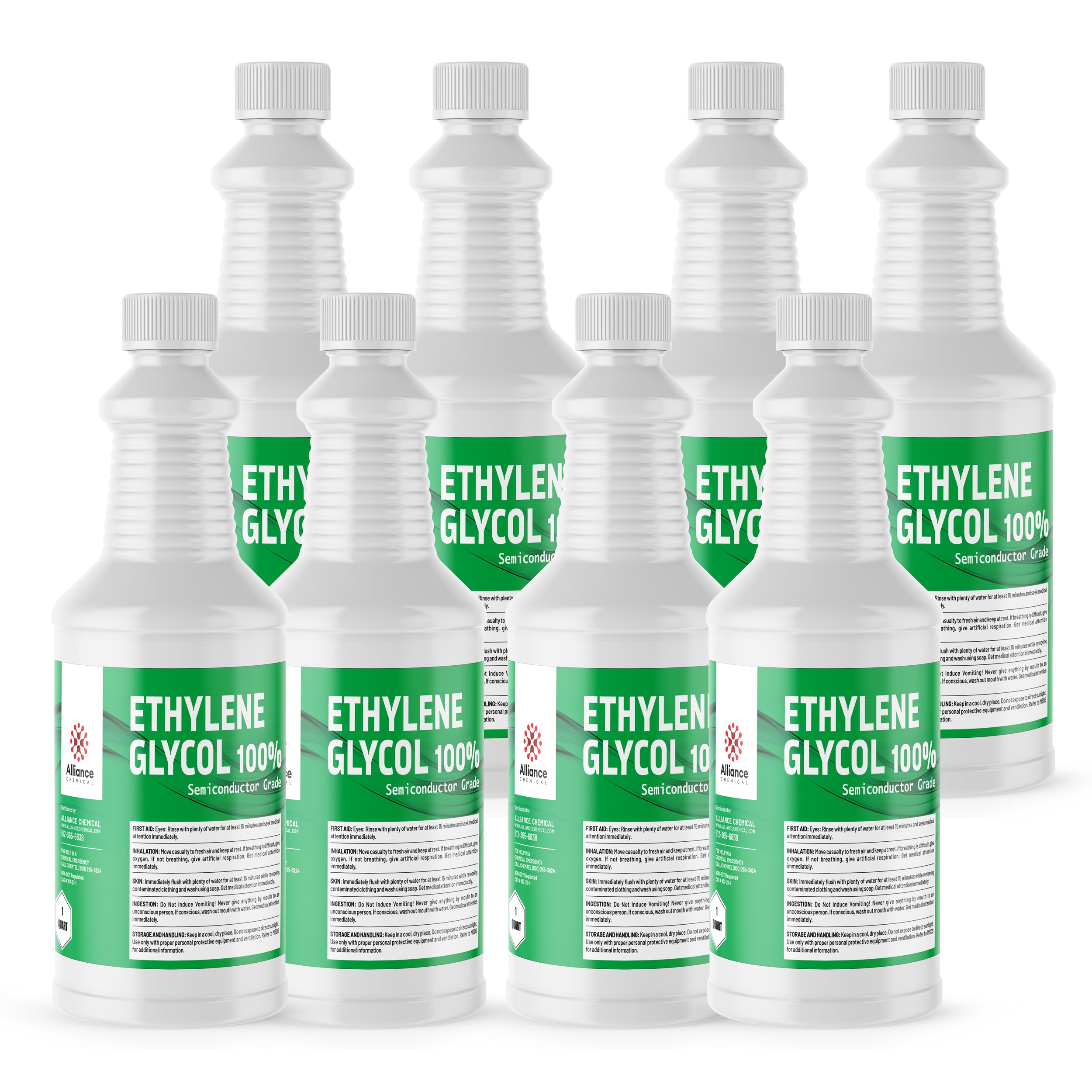
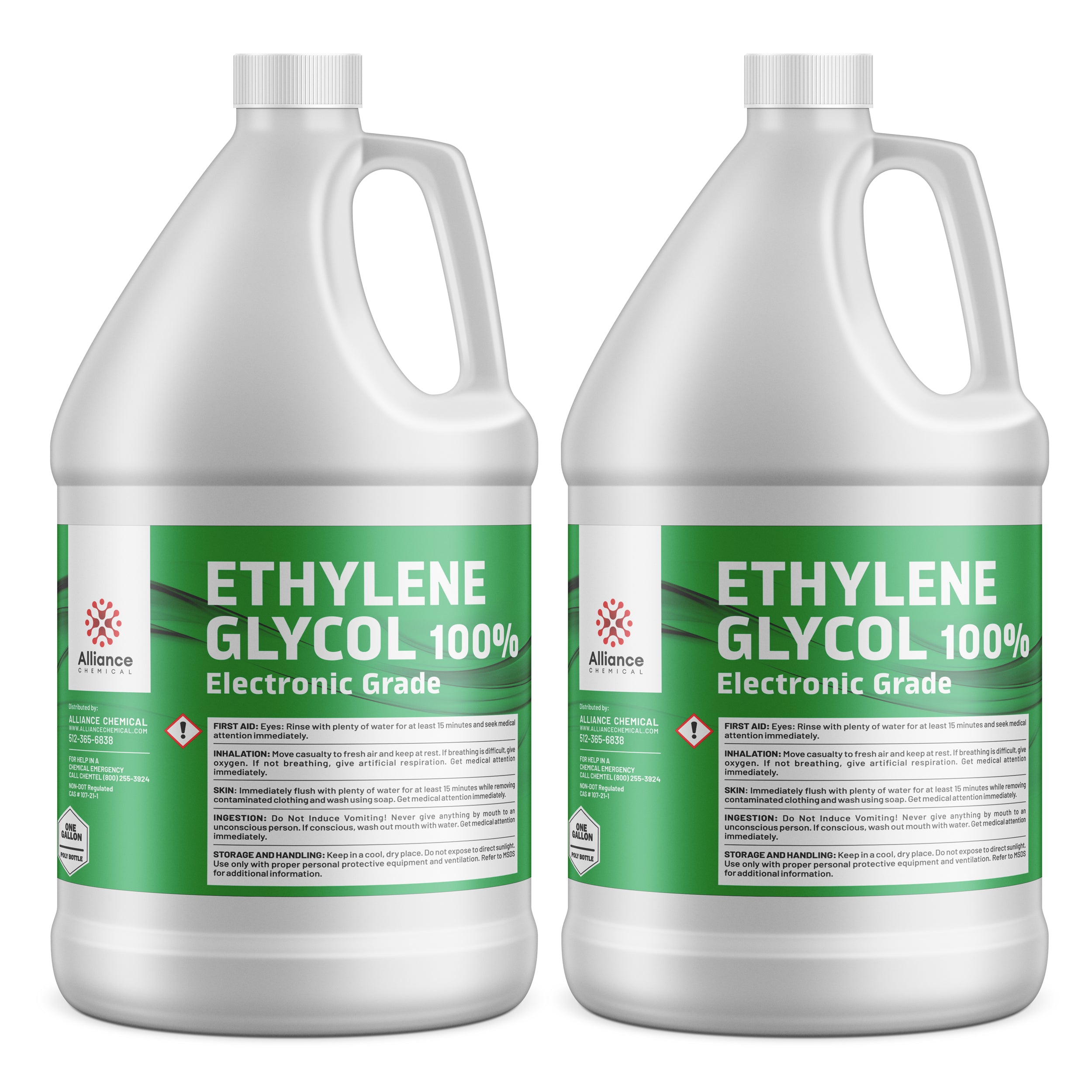
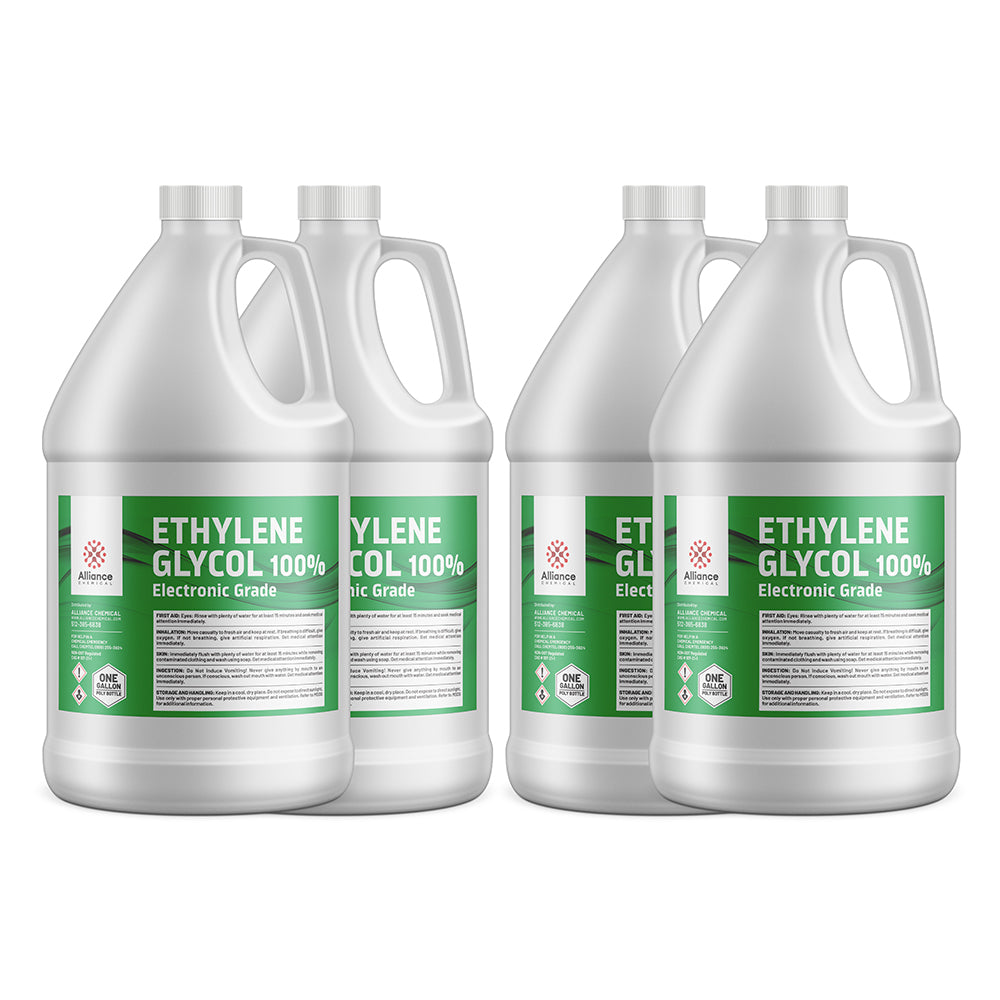
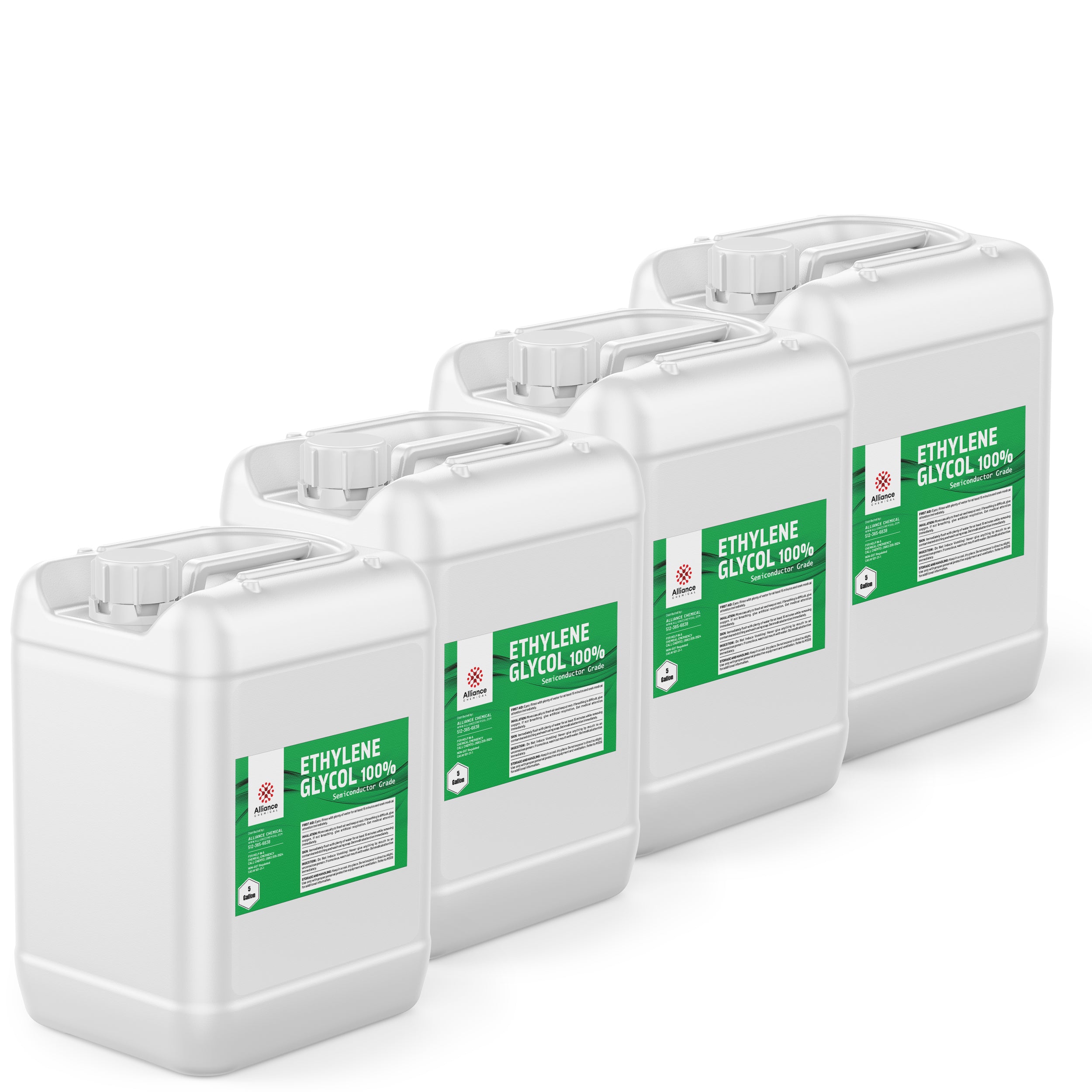
- Description
- Product Documents
Product Overview
Ethylene Glycol Semiconductor Grade represents a pinnacle of chemical engineering precision, specifically designed for the most demanding electronic manufacturing environments. This ultra-pure chemical compound serves as a critical processing agent in semiconductor and high-technology industries, where contamination control is paramount. The molecular structure of ethylene glycol, featuring two hydroxyl groups, enables exceptional solvent and heat transfer capabilities that make it indispensable in advanced technological applications.
Developed through rigorous purification processes, this semiconductor-grade variant undergoes multiple refinement stages to achieve metal impurity levels below 10 parts per billion (ppb). Such extraordinary purity ensures optimal performance in sensitive electronic manufacturing processes where even minuscule contamination can compromise sophisticated semiconductor components. The chemical's carefully controlled composition represents a sophisticated solution for industries requiring extreme precision and cleanliness.
Key Properties
- Chemical Formula: C2H6O2
- Boiling Point: 197°C
- Specific Gravity: 1.113 at 20°C
- Flash Point: 111°C
- Appearance: Clear, colorless liquid
- Solubility: Highly miscible with water
- Density: 1.113 g/cm³ at 20°C
- Chemical Stability: Excellent thermal and chemical stability
- Molecular Weight: 62.07 g/mol
Common Applications
- Semiconductor Processing: Critical for advanced wafer cleaning and etching processes, this ultra-pure ethylene glycol enables precise surface preparation by removing microscopic contaminants. The chemical's exceptional purity ensures that semiconductor surfaces remain pristine during complex manufacturing stages.
- Electronic Manufacturing: Serves as a high-performance cleaning solvent for delicate electronic components, effectively removing particulate matter and organic residues. Its low metallic impurity content prevents potential electrical interference or component degradation.
- Circuit Board Production: Utilized for specialized surface treatment and cleaning of multi-layer circuit boards, providing a contamination-free environment crucial for maintaining electrical conductivity and component integrity.
- Thermal Management: Functions as an advanced heat transfer medium in sensitive electronic processing equipment, maintaining consistent thermal performance with minimal risk of contamination or chemical reactivity.
- Clean Room Operations: Essential process chemical for controlled manufacturing environments, enabling ultra-precise cleaning and processing protocols in high-technology manufacturing facilities.
Safety Precautions
Handle ethylene glycol semiconductor grade with extreme care, utilizing specialized clean room protocols and contamination prevention techniques. Implement strict handling procedures that minimize exposure to potential particulate or metallic contamination sources.
Store in sealed, inert containers specifically designed for ultra-high purity chemicals. Maintain storage environments with controlled temperature and humidity, protecting the chemical from potential atmospheric contamination. Use only dedicated, cleaned storage vessels to prevent impurity introduction.
Utilize appropriate personal protective equipment including chemical-resistant gloves, safety goggles, and lab coats. Implement immediate emergency washing procedures in case of accidental exposure. Maintain comprehensive safety documentation and training for personnel handling this specialized chemical.
Benefits
Our semiconductor-grade ethylene glycol delivers unprecedented purity levels, with comprehensive lot-specific metal content analysis and certification. The advanced purification process ensures consistent, reliable performance in the most demanding electronic manufacturing environments.
The product offers superior thermal stability, exceptional chemical consistency, and minimal metallic contamination, providing manufacturers with a reliable, high-performance processing chemical. By maintaining rigorous quality control standards, this ethylene glycol variant represents a critical solution for industries requiring absolute precision and cleanliness.
| Property | Value |
|---|---|
| Molecular Weight | 62.07 g/mol |
| Formula | C2H6O2 |
| Assay | 100%% |
| Grade | Semiconductor |
| Flash Point | 111 |
| Form | Liquid |
| Solubility | Highly miscible with water, polar organic solvents |
| Appearance | Clear, colorless, transparent liquid |
| Melting Point | -13 °C |
| Boiling Point | 197 °C |
| Specific Gravity | 1.113 |
| Industry | Industrial, Semiconductor, Electronics |
Other top rated products




















Ethylene Glycol Semiconductor Grade
NCJ-7VK-HBN
$14.11
Liquid error (snippets/product-blocks line 90): divided by 0
Off
Unit price
/
Size:
Variation:
-
$14.11Delivery every$13.40
-
$17.63Delivery every$16.75
-
$22.70Delivery every$21.57
-
$30.12Delivery every$28.61
-
$25.32Delivery every$24.05
-
$37.42Delivery every$35.55
-
$60.56Delivery every$57.53
-
$1,843.99Delivery every$1,751.79
-
$96.89Delivery every$92.05
-
$368.04Delivery every$349.64
-
$2,557.71Delivery every$2,429.82
-
$229.99Delivery every$218.49
-
$615.00Delivery every$584.25
-
$1,911.80Delivery every$1,816.21
-
$2,174.80Delivery every$2,066.06
-
$8,264.24Delivery every$7,851.03
-
$16,180.51Delivery every$15,371.48
-
$3,495.85Delivery every$3,321.06
-
$3,670.66Delivery every$3,487.13
-
$5,419.95Delivery every$5,148.95
-
$7,111.90Delivery every$6,756.31
Compare Products
| Price |
|---|
| SKU |
| Rating |
| Discount |
| Vendor |
| Tags |
| Weight |
| Stock |
| Short Description |
